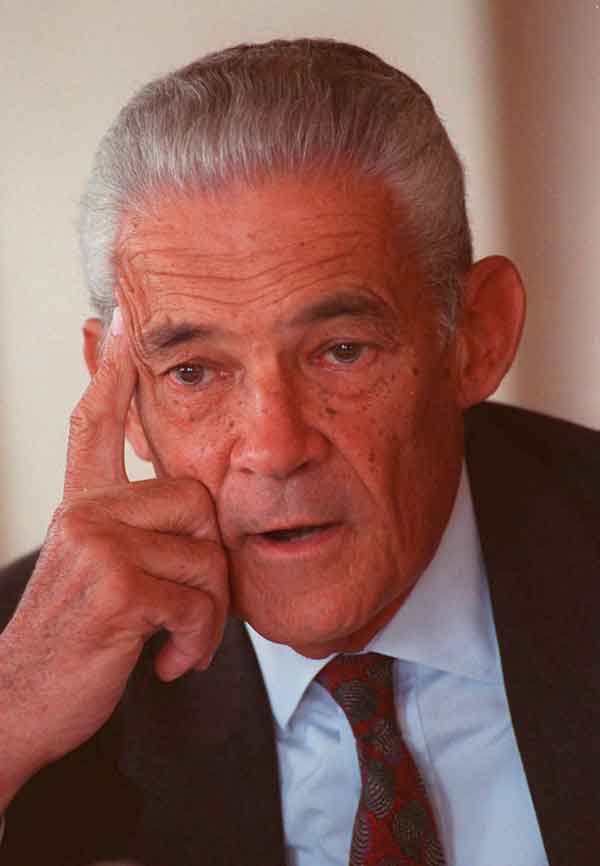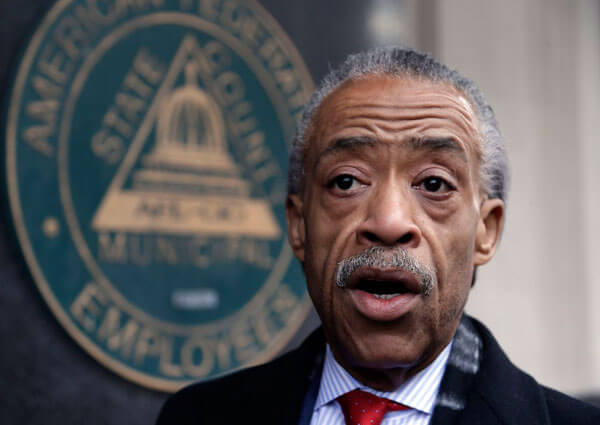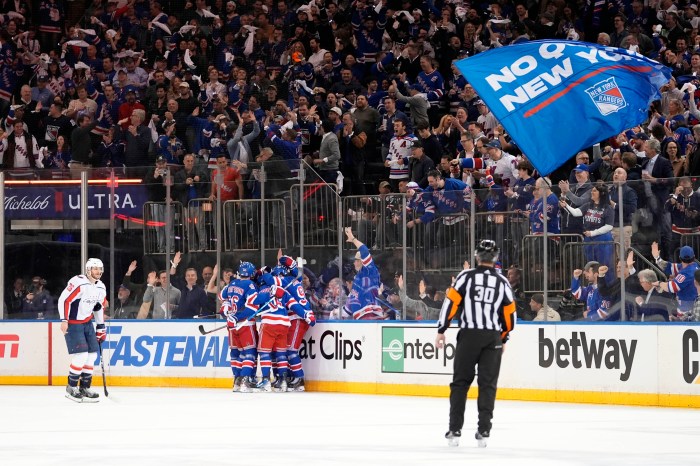When Jamaica’s Michael Manley declared in 1974 that the independent nation’s political philosophy would pattern the dictates ascribed as Democratic Socialism, he was maligned and ostracized by U.S. operatives who said the Caribbean leader planned to introduce communism to the English-speaking region.
At the time, the leader of the People’s National Party (PNP) formed an alliance with President Fidel Castro, the leader of Cuba, a Spanish-speaking neighbor already embargoed by the USA for embracing a contrasting philosophy.
The Dec. 10, 1924, Kingston-born benefactor to a political dynasty in Jamaica was preceded by his father Norman Washington Manley who founded the People’s National Party and was the first leader of the independent nation when he became premier. Also acclaimed a “father” of Jamaica’s independence, NWM left an incredible legacy his son inherited but vigorously pursued.
Manley not only campaigned for change in Jamaica but took his message to the United Nations appealing to the world governing body.
“The point is that now some two-thirds of mankind have been reduced to a peripheral status in political, economic and even social terms,” Michael asserted.
During delivery of an advocacy statement for developing and poor countries he said they “own the resources and provide the essential infrastructure and the labor force” but are deprived of the larger share of the profits. He called for a redistribution of the world’s wealth.
In order to affect such a solution he wrote that capitalism would have to be demolished “‘brick by brick.”
The ambitious son led the charge for Democratic Socialism in Jamaica and along with Chile’s Salvador Allende, Michael Harrington, labor union leader and author of “The Other America,” Eugene V. Debs and Bolivia’s first indigenous President Evo Morales are considered among worldwide promoters of Democratic Socialism.
“Manley proposed a radical agenda of nationalizations, social reforms, introducing legislation on union and women’s right, started a land reform program and invested heavily on health, education, and housing.”
Four decades after the Jamaican tested resilience against American resistance, Democrat Bernard “Bernie” Sanders, one of the leading contenders in the race to become president of the United States is haughtily declaring his advocacy of the very same policies Manley proposed for his island-nation in the last century.
Considering that the USA twice elected a Black leader to decide policy from the White House and that under his tenure, relaxed the rigid stance against Cuba, some of the proposals by the Democratic Socialist seems to be resonating with Americans.
It is almost inconceivable that one week ahead of the first primary of the campaign, Sen. Sanders has emerged the fiercest rival to challenge the Republican’s best hope in Iowa or any other state — and for the first time touting an agenda often espoused by a third party candidate.
The Brooklyn-born progressive has amassed impressive polling numbers, narrowing the lead displayed by Democratic frontrunner and former first lady Hillary Clinton since she announced interest in seeking the leadership position her husband held for two terms.
In New Hampshire, the avowed socialist has already claimed a majority and rapid rise voicing the concerns of people of color on issues related to income inequality, universal healthcare, parental leave, climate change, LGBT rights, campaign finance reform, mass incarceration, racial discrimination in the criminal justice system, civil liberties, Civil Rights and has been outspoken on matters of concern to the #BlackLivesMatter Movement.
Sanders announced his bid last year in Vermont and on a record that included winning a race for mayor of Burlington, Vermont in 1981; defeating a six-term Democratic incumbent by 10 votes in a four-way contest, earned a viable place as a presidential candidate.
As mayor, he was reelected three times, defeating both Democratic and Republican candidates.
The unlikely liberal received 53 percent of the vote in 1983 and 55 percent in 1985.
In his final run for mayor in 1987, Sanders defeated a Democrat endorsed by both major parties.
Under Sanders, Burlington became the first city in the country to fund community-trust housing.
How he became the first independent elected to the U.S. House of Representative in 40 years and remained the longest to serve as an independent in U.S. congressional history is part of his enduring record.
Although he has yet to win the endorsement of corporate America, the Vermont senator said he attributes much of their ambivalence and lack of support for his bid to the fact his agenda challenges the rich.
“We are taking on the political establishment, we’re taking on the economic establishment, the financial interest in this country, and we’re taking on the corporate establishment.”
Of his vociferous Republican rival, the 75-year-old senator said: “There would be nothing more in this world that I would like than to take on Donald Trump.”
“We would beat him, and we would beat him badly,” Sen. Sanders said on NBC-TVs Meet The Press last Sunday.
“I would very much look forward to a race against Donald Trump, a guy who does not want to raise the minimum wage, but wants to give hundreds of billions of dollars in tax breaks to the top two-tenths of 1 percent who thinks wages in America are too high and who thinks that climate change is a hoax, invented by the Chinese,” he added.
With a recent announcement that former New York City Mayor Mike Bloomberg is considering to enter the race to the White House, the senator said: “If Donald Trump wins and Mr. Bloomberg gets in, you’re going to have two multi-billionaires running for president of the United States against me. And I think the American people do not want to see our nation move toward an oligarchy where billionaires control the political process.”
Jamaicans will not soon forget the sacrifice they made by voting a candidate for change in 1972 and 1976 who was determined to reform his country on a mantra that dictated that “socialism is about equality.”
While some recall the period from 1974 to 1980 as one of radical transition since independence, there are those that will exalt the elevation and status of reggae music and Rastafarians that Manley demanded.
During that period, Black pride found a place among the diverse demographics heralded since colonials dominated indigenous populations.
And although some might also lament the penalties imposed on them for daring to defy a tradition that left a majority marginally represented and one that the elite defied because USA corporations rejected the very idea, united, Jamaicans tried.
“I didn’t realize the forces of production are too powerful, and their inherent logic too irresistible, to be made subservient to political barriers on a permanent basis,” Manley reportedly unapologetically admitted after his defeat.
Only history and its caretakers will finally assess the results.
Catch You On The Inside!
























